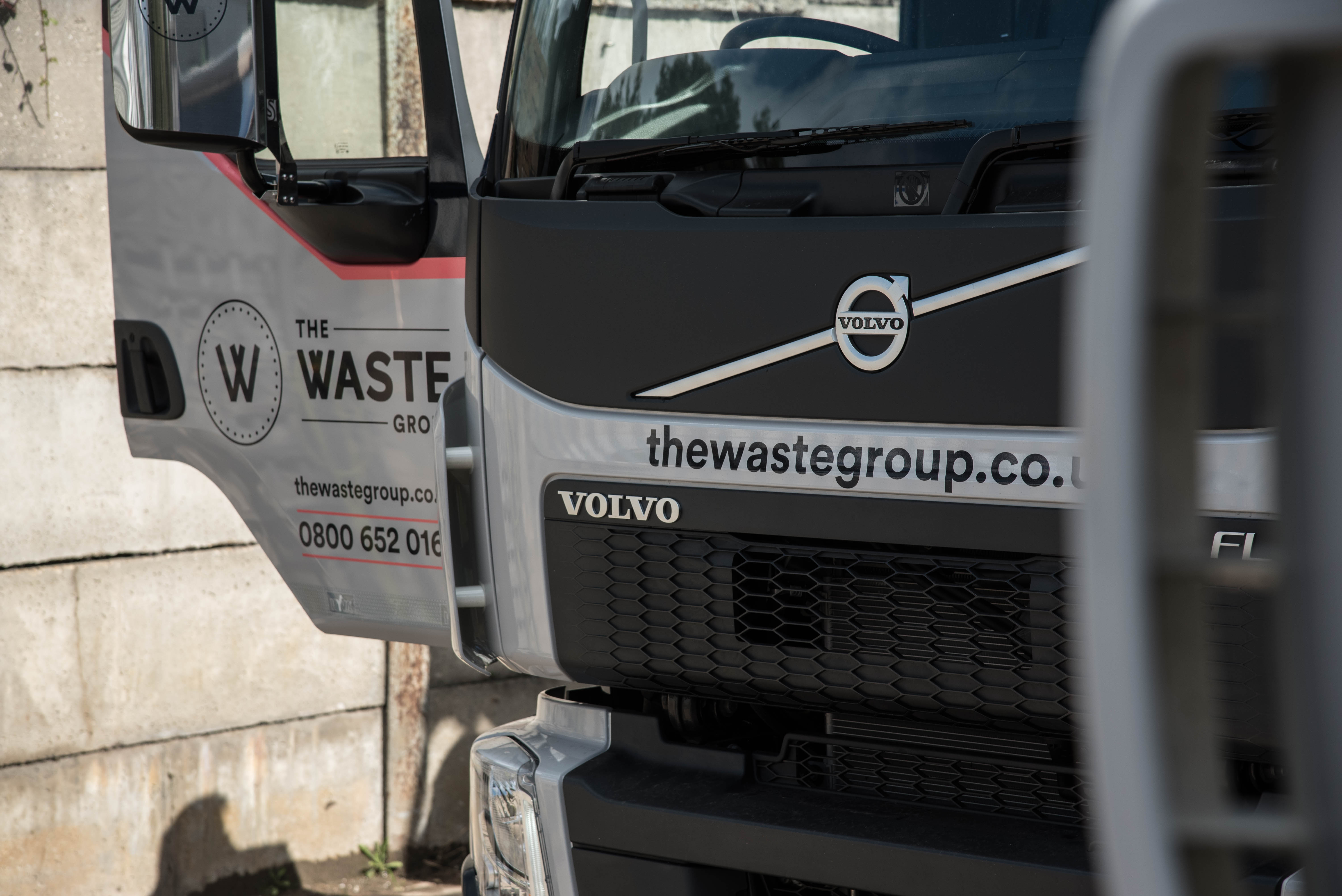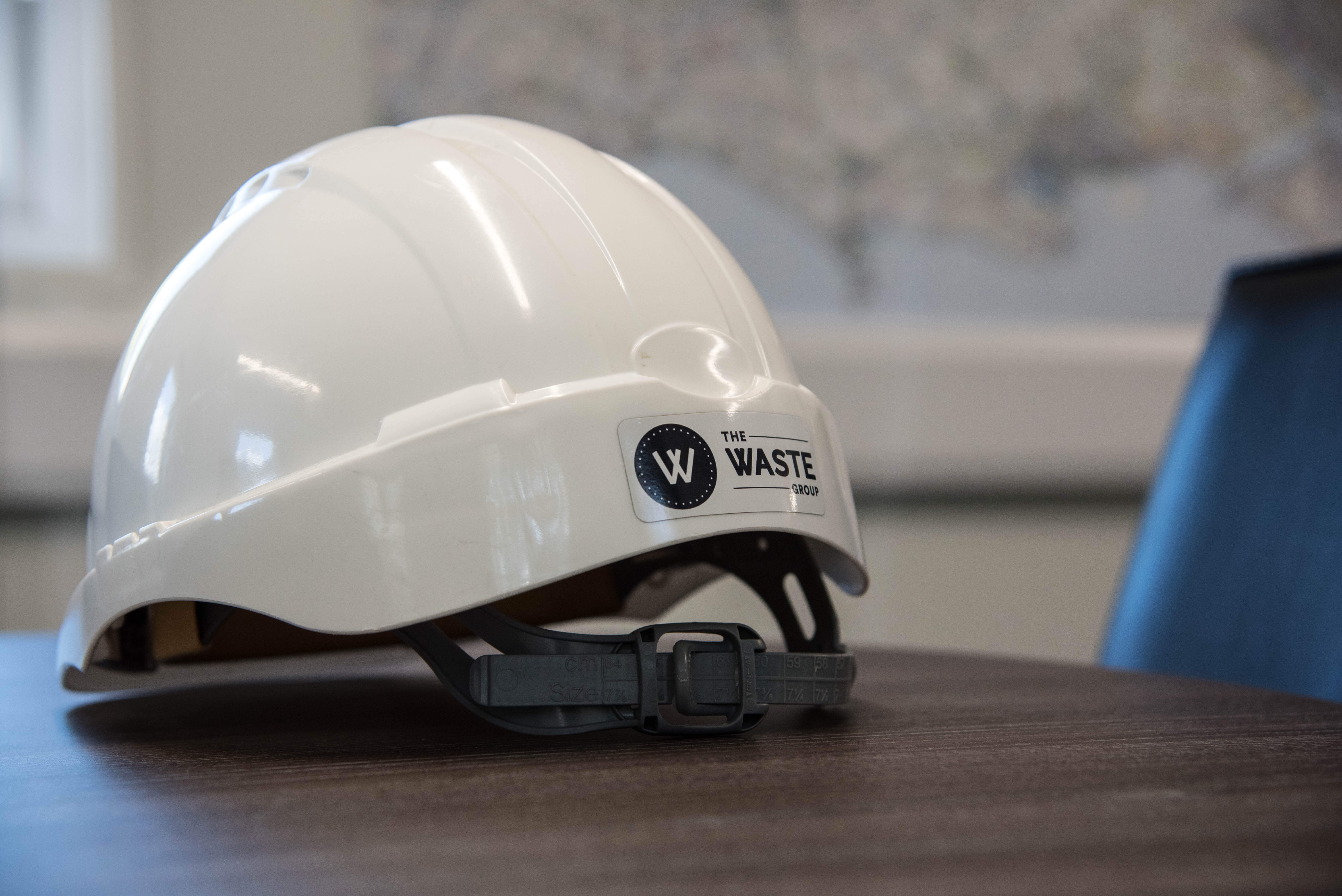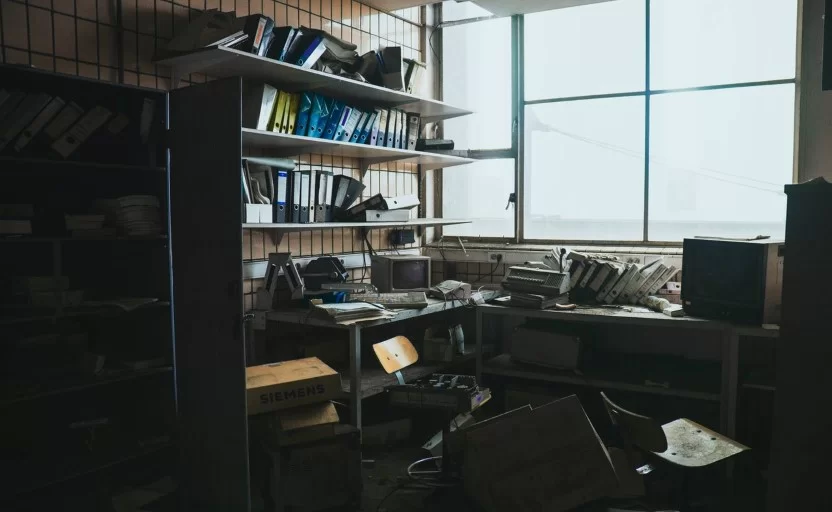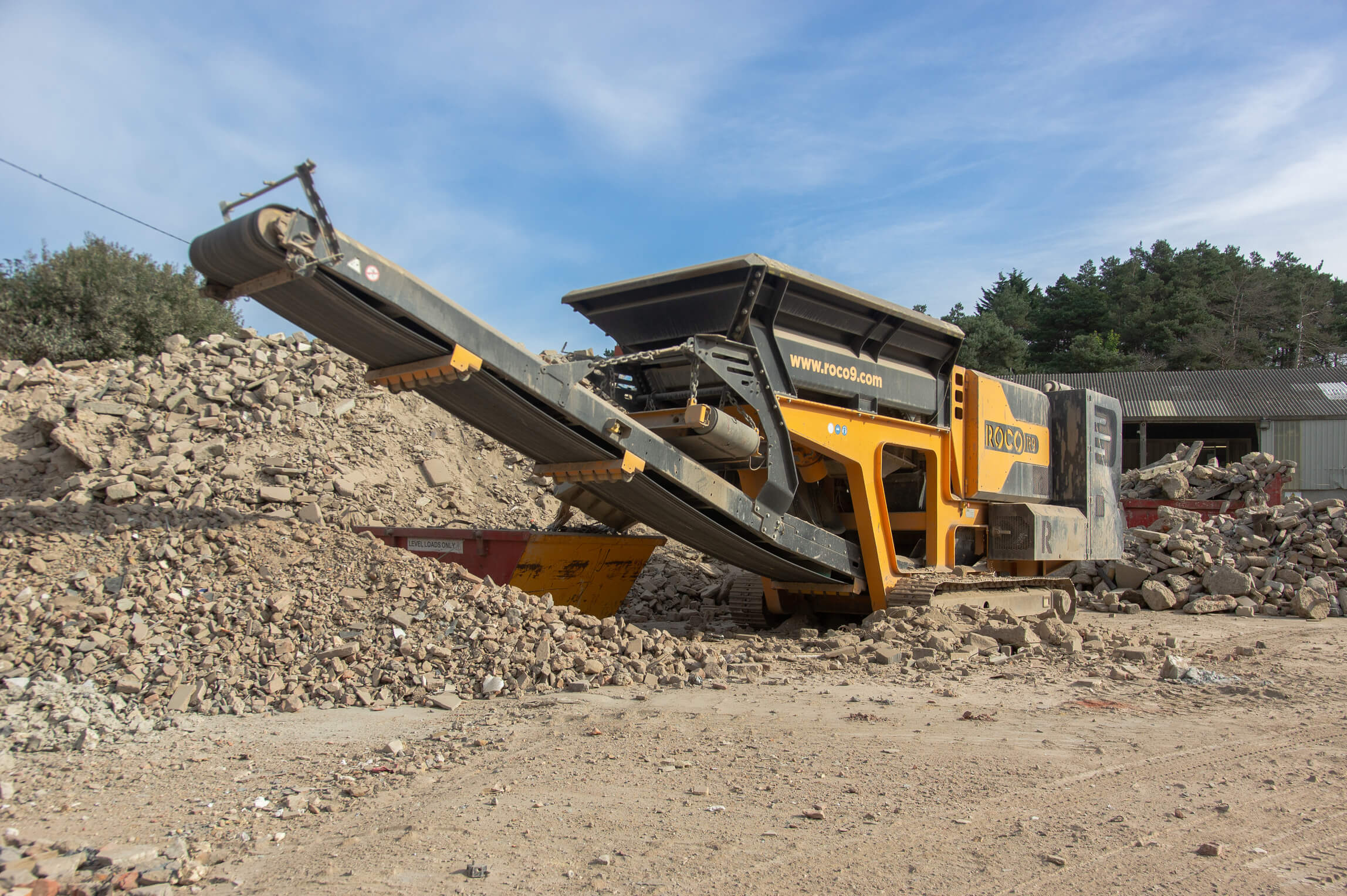Plastic Recycling: Challenges and Opportunities

We all generate plastic waste. Whether you’re running a business or a home, you’ll find plastic in almost every container, wrapper, and package you encounter.
And disposing of all that plastic packaging responsibly can be overwhelming sometimes. It’s tempting to toss it in the general waste bin.
But everyone—from households to businesses—has a duty to recycle plastic.
Why plastic recycling is important
When we don’t recycle plastic, it enters the landfill, where it may take 1,000 years to break down. Sometimes, it never does.
When plastics waste enters a landfill, small particles of the plastic chip off into the soil, infecting our water systems and eventually, our bloodstreams. At this stage, there’s no surface on Earth that hasn’t become infected with these microplastics.
The effects of plastic pollution on our soil, marine life, ecosystems, and our own bodies are grim: plastic pollution is a significant driver of biodiversity loss and ecosystem collapse.
Recycled plastic doesn’t enter landfills. Instead, recycling centres divert plastic from the rubbish stream and repurpose it into new products, like recycled plastic bottles, backpacks, and even clothing.
Types of plastic waste
In most homes and businesses, you’ll encounter the following types of plastic, which are easily recycled.
Plastic bottles
Drinks bottles are the single largest source of plastic packaging in the UK. The good news is that they’re also the most widely recycled. In 2020/21, an estimated 73% of the plastic bottles produced were recovered for recycling.
Plastic bags
Carrier bags are another common type of waste plastic. But, unlike plastic bottles, plastic bags are not widely recycled. In 2020/21, only 16% of recycling centres in the UK accepted plastic film such as carrier bags.
Pots and tubs
Plastic pots and tubs are another form of plastic packaging we frequently see. Consumer goods from food to cosmetics to medicine arrive in plastic bottles, pots, and tubs. Luckily, these items are widely recycled at plastic recycling centres.
Barriers to recycling plastics
Placing plastic waste in the bin doesn’t guarantee that it will be recycled. Here are the two main challenges we’re facing in plastic waste management.
Plastic recycling contamination
Plastic that isn’t clean when it enters the recycling stream is much harder to recycle—sometimes impossible. Plastic that’s too dirty to be recycled will be incinerated, so it’s critical that consumers wash and dry their plastics before placing them in the recycling stream.
Inadequate recycling infrastructure
The amount of plastic sent to recycling centres doesn’t always correlate to the amount of plastic recycled. In the UK, we’re working to improve our recycling infrastructure, but even so, tonnes of plastic are exported for recycling every year. The UK must invest in more recycling infrastructure to meet its current needs.
New technologies for recycling plastic materials
Recycled plastic can be used to make new products like plastic bottles and other containers. Not only does this keep plastics waste out of landfills, but the plastic recycled from old materials doesn’t require new oil to be extracted and refined to make new products.
But there’s a carbon emissions cost to recycling plastic into new products. Scientists worldwide are currently exploring exciting new ways to give old plastics new life without the detrimental environmental impact.
Legislating policies to address plastic waste
Laws that help reduce the amount of plastic produced, like the 2023 ban on single-use plastics like cutlery and straws, are vital steps towards responsible plastic waste management. The UK has set ambitious targets for reducing the amount of plastic products that end up in landfills, and local household recycling schemes are making an impact, too.
The role of skip hire companies in plastic recycling
The plastics industry is huge, and though reducing plastic output would be a positive step towards eliminating plastic waste and tackling climate change, certain sectors (like healthcare) will always require plastics.
The key is to ensure that the plastics we need are properly recycled. At The Waste Group, we prioritise responsible waste removal and aim to never let recyclable plastic near a landfill. We’re proud to help reduce plastic waste on an industrial scale and remove plastic pollution from our precious natural environment.
If you’re looking for a responsible partner in plastics recycling, talk to the team or visit one of our recycling centres in Swanage and Wareham.



